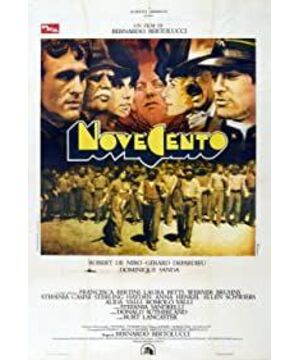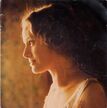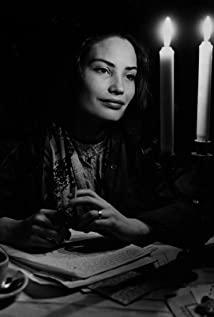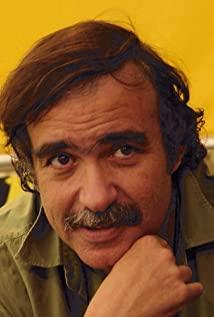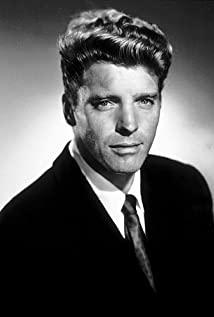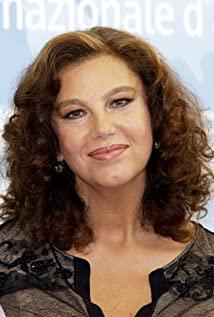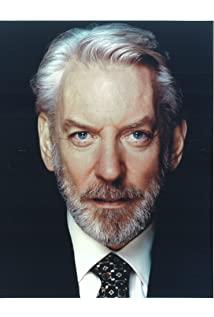A friend said that people who like Bertolucci are people who like poetry. Anyway, it is his films that are like beautiful poems that impress me. Whether it's "The Last Emperor", "Dream of Paris", "Last Tango in Paris", "Little Living Buddha", "The Sheltered Sky"... These are almost all my favorites. But "1900" has kept me out for many years because of its 6 hours and minute length.
Bey's father, a poet, gave him poetic romance and idealism, and at the same time he was apprenticed to Godard and Pasolini, the movie giants with strong communist and revolutionary will. So Bei's revolution is always an ambiguous mixture of compromise and struggle. In the 1960s, the young Berto Rouni experienced the violent "May Storm" student movement in France. On the one hand, the revolutionary movement was in full swing outside the window, and on the other hand, it was the holy place in his heart, the "Paris Film Archive". But confused and powerless (Dream of Paris). As a member of the Italian Communist Party, Bertolucci once had a confessional monologue: "I thought I was living in the era of revolution, but in fact I was living in the era before the revolution. For people like me, only before the revolution. "So Bei can never be a staunch revolutionary, but it is this indecision that gives his films too much fantasy, ambiguity, alienation and exile.
"1900" is a splendid volume of historical poems, dreamily presenting the love, hatred and hatred in the half-century-long class struggle in his hometown. At the same time, "1900" is not a standard proletarian film that can make all the proletarians applaud and the bourgeoisie hates to the core. The indictment of the bourgeois revolution was not in place, and the relationship between the peasant and the master was always ambiguous. But this is also the charm of Bertolucci. Like us, what he shows is not history, but the world in his poetic dream.
View more about 1900 reviews


